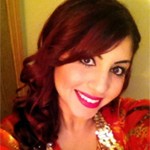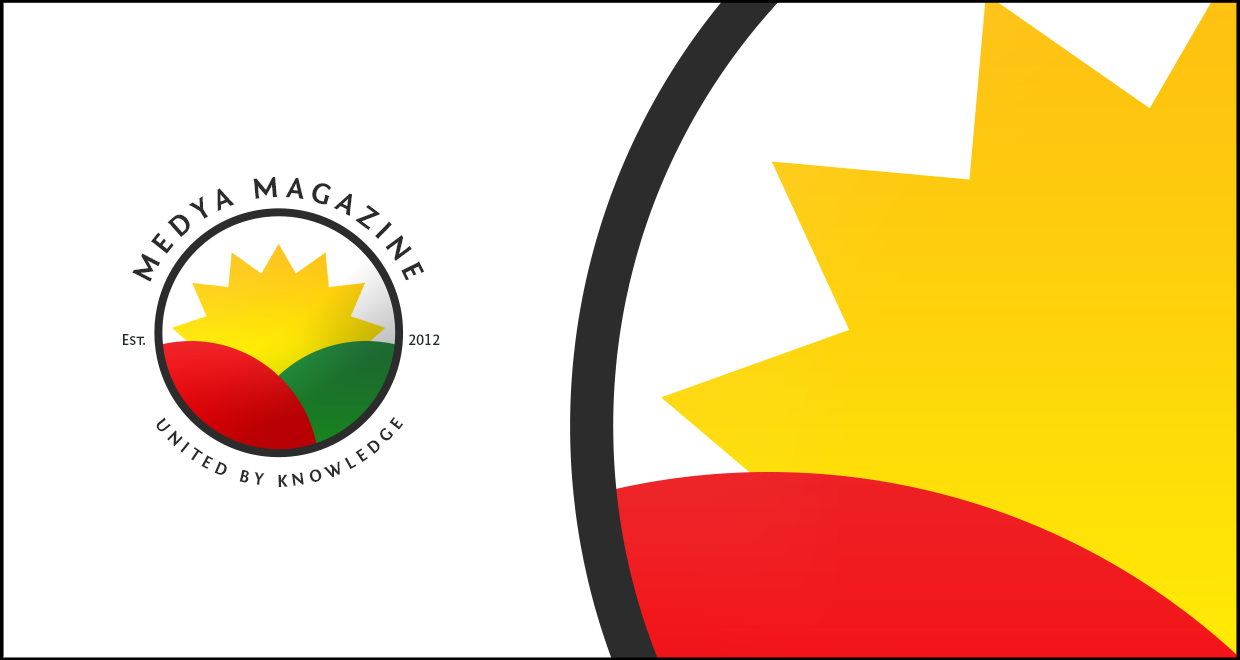As a Kurdish girl, I am always fighting a battle between traditionalism and modernism, as if these two ideologies are dichotomies on opposite sides of a cultural spectrum. I am here to contest this illusion that we as a society have bestowed on ourselves. The truth is that these terms confine Kurdish women into two different worlds: the traditional world of our mothers that we often joke about, “the proper Kurdish girl” and the modern world of educated girls. This terminology is often thrown at us and I feel trapped, as if we have to choose only one side of the spectrum and remain there. I personally hate these two words, because “modernism” treats the past as primitive and “traditionalism” leaves no room for change.
Kurdish girls constantly face the stereotype that educated women are too modern and have lost their traditional ways. Does obtaining an education mean we are neglecting our traditional roles? This assumption has always baffled me, because Kurdish history and culture thrives on the backbones of strong women. Our traditional mothers are vivacious and powerful. What has changed? Why are their daughters deemed as having lost their heritage? I for one have embodied both attributes of traditionalism and modernism. I have not lost my heritage because I have decided to obtain an education, and I know many females who have done the same.
Traditionalism always incorporates modernity, and vice versa. To be “modern” means to adapt to and encompass current societal expectations. When our parents were in the mountains fighting for the Kurdish struggle, women provided the necessities to keep the struggle alive. Their roles in society were different than they are now, and the roles of their mothers were different again. In every generation of our Kurdish history the role of women is different, and their contributions were respected. In my mother’s time, her responsibility was to be a woman of the mountains to aid the Kurdish Struggle. That was the modern expectation of her time. She still held on to her Kurdishness, her traditions. All in all, their Kurdish heritage has always remained the same. So why are women who have adapted to present day expectations of fighting with the weapon of their minds labeled as having lost their traditionalism?
Of course I am generalizing here. There are those that understand that a woman can embody both traditional and the modern attributes. They understand that we have our mothers’ fire and respect for our culture, even though we have modern characteristics. But there are those who cannot see that traditionalism and modernism run side by side. They believe that a women’s traditional role is to only mend the house. That was certainly not the only role of our mothers. Their contributions to society allowed for the continued Kurdish struggle. And today many courageous women still fight for our struggle on the mountains of Kurdistan. Some have created an illusion as to what “the proper Kurdish girl” really is. There is no such thing as a single proper Kurdish girl. We are all proper in our own ways. Labeling us and belittling our contributions to our struggle only cripples us as a whole. A Kurdish woman does not have to choose a side of the spectrum. She doesn’t have to give up her Kurdish traditions because she wants to obtain an education. She can be both traditional and modern. She has held onto her roots; she still embodies her Kurdish heritage. She is just as much traditional as her mother and grandma were, but she has tweaked her responsibilities to adapt to present day expectations. She is still that fearless woman that has helped bring our people to where we are today. The Kurdish culture has survived because women and men have respected each other’s contributions.
It is important to remember that the Kurdish culture is not a static one. It forever changes with time but the root of our heritage always remains the same. Our traditions remain the same while the way we adapt to life may alter. With this, I ask that we break down the illusion that traditionalism and modernism are opposite entities. We are holding ourselves back and belittling our women. Let her thrive by allowing her to make her own decisions about how she would like to adapt to present day life. I guarantee if we do not project labels onto our women, the strong Kurdish women before you will take our Kurdish heritage into the future. We are the generation that was separated from the mountains, so it is our responsibility to pave a path for our future children.
[wc_testimonial by=”” url=”” position=”left”] Nissy Koye, a teacher in Canada, has passion in bringing justice to marginalized groups by educating through multiple perspectives while creating relevance and making connections to current events. – “The fire that I breathe is to hide the pain that exerts from being robbed; from being ripped away from my home; the home I call Kurdistan”[/wc_testimonial]/author]
Nissy Koye, a teacher in Canada, has passion in bringing justice to marginalized groups by educating through multiple perspectives while creating relevance and making connections to current events. – “The fire that I breathe is to hide the pain that exerts from being robbed; from being ripped away from my home; the home I call Kurdistan”[/wc_testimonial]/author]


